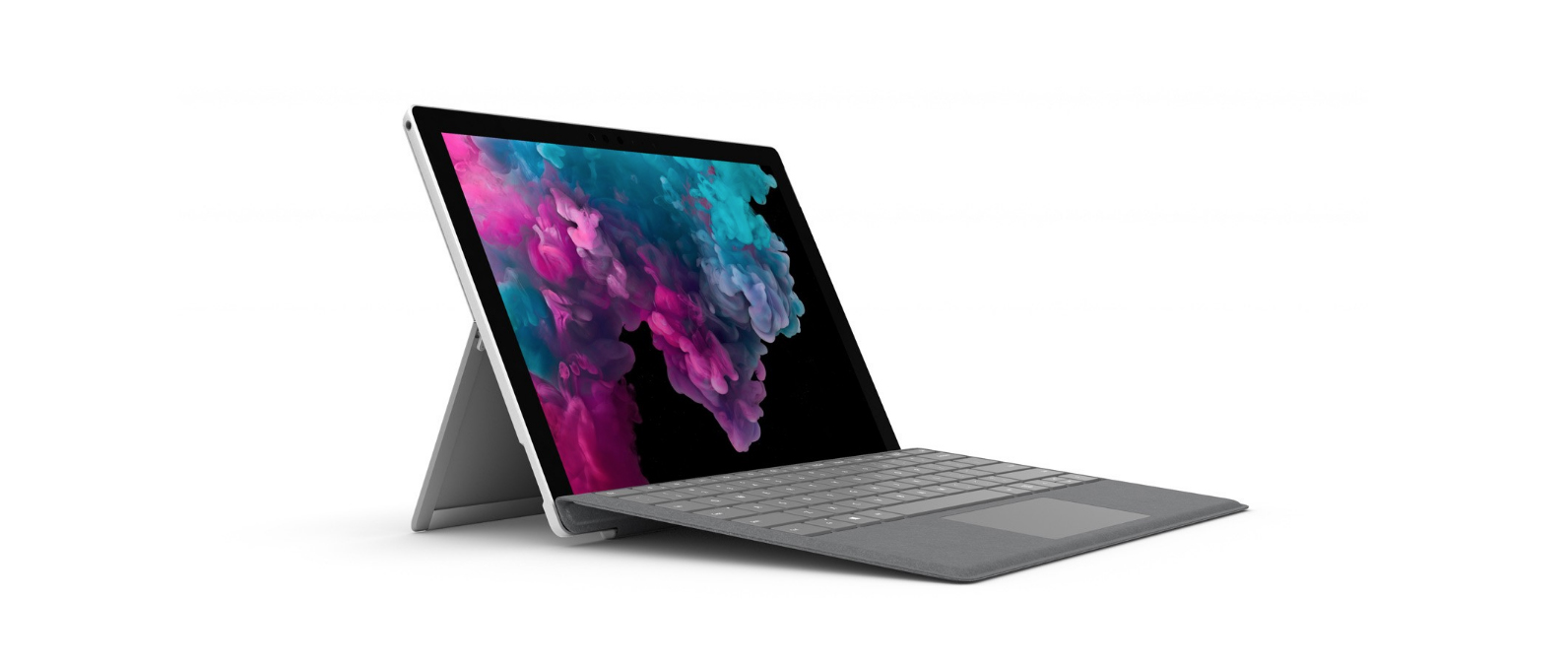What Apple can learn from the Microsoft Surface Pro
What do we want? A tablet running Mac OS! When do we want it? Now!


A free daily email with the biggest news stories of the day – and the best features from TheWeek.com
You are now subscribed
Your newsletter sign-up was successful
A few months ago, I decided to conduct an experiment. After working on Mac laptops for more than 10 years, I bought myself a Microsoft Surface Pro.
For anyone unfamiliar, the Surface is a "hybrid" device: It's a tablet, like an iPad, with a touchscreen. But it also runs the full blown Windows operating system. The iPad, by contrast, runs Mac's mobile operating system — iOS, the same thing iPhones use — instead of its PC or laptop operating system.
It's been a mixed experience. I love the functionality of the device, but I find Windows clunky and aggravating.
The Week
Escape your echo chamber. Get the facts behind the news, plus analysis from multiple perspectives.

Sign up for The Week's Free Newsletters
From our morning news briefing to a weekly Good News Newsletter, get the best of The Week delivered directly to your inbox.
From our morning news briefing to a weekly Good News Newsletter, get the best of The Week delivered directly to your inbox.
What I really want is an Apple hybrid running the Mac OS. But no such Apple product exists, and the company isn't interested in making one.
Why not?
As a journalist, I type up stories every day, I surf the internet, and I read lots of papers and PDFs. That last part in particular is easier with Windows or Mac OS than a mobile operating system like iOS, which is a bit too constraining. Yet I also telecommute and work in different places. I love my music and movies and TV shows.
So, despite the bafflement of some friends and colleagues, a Surface Pro or other hybrid tablet is perfect for me. Having a full PC operating system allows me to write, manage files, notate PDFs, and all the rest exactly the way I want to. (Even if it's Windows.) I can work on it, or I can relax and flip through articles and papers on the touchscreen, and it's light and easy to carry.
A free daily email with the biggest news stories of the day – and the best features from TheWeek.com
I'm not alone. While the overall number of hybrids remain small compared to traditional tablets or PCs, they are also the only device in that group whose sales are expected to grow in the next few years. Market researchers anticipate the others will plateau or decline. That would seem to make hybrids a good bet for a consumer technology market that — while certainly not in trouble — is making investors a bit nervous.
Yet Apple has been abundantly clear they have no desire to enter the hybrid market. They consider the iPad and iPhone to be iOS devices while their PCs and laptops run the full Mac OS, and never the twain shall meet.
For a massive for-profit corporation, though, their reasoning verges into the realm of artistic principle.
"We did spend a great deal of time looking at this a number of years ago and came to the conclusion that to make the best personal computer, you can't try to turn Mac OS into an iPhone," Paul Schiller, Apple's marketing chief, told CNet back in 2016. "Conversely, you can't turn iOS into a Mac."
Basically, the Mac OS couldn't be made touchscreen-friendly without a serious overhaul, which would affect the future development of the operating system. Ultimately, the people at Apple concluded the effort wouldn't be worth the potential opportunity costs. "It is great to provide two different ways to solve some of the same things, but they also do very unique things that the other doesn't," Schiller continued. "Having them separate allows us to explore both, versus trying to force them into one — and only one — model."
"Each one is best at what they’re meant to be — and we take what makes sense to add from each, but without fundamentally changing them so they're compromised."
Put a bit more bluntly, Apple sees hybrids as a fad they don't need to chase.
With so much of its revenue coming from the iPhone, Apple hasn't really paid a price for that decision. But with Apple stock plummeting recently on flagging sales of new iPhones, they might soon regret not pursuing a source of revenue that's only expected to grow in the coming years.
Perhaps more importantly, Apple's own behavior also belies Schiller's notion of hybrids as an unattractive "compromise."
A 2016 ad for the iPad basically sold it as a hybrid: "Just when you think you know what a computer is, you see a keyboard that can just get out of the way. And a screen you can touch — and even write on." The company is pushing the iPad iOS towards more desktop-like features, such as multitasking, not to mention equivalently powerful hardware. So they're clearly feeling pressure to take the hybrid approach, whether they like it or not.
Former CEO Steve Jobs once sneered at tablets and smartphones with bigger screens. Yet since then Apple has released bigger and bigger versions of both devices. The company can and has evolved under sufficient consumer duress before. Maybe they will again.
In the meantime, I'll probably bow to Apple and just buy myself a new laptop and an iPad. But I won't be happy about it.
Jeff Spross was the economics and business correspondent at TheWeek.com. He was previously a reporter at ThinkProgress.
